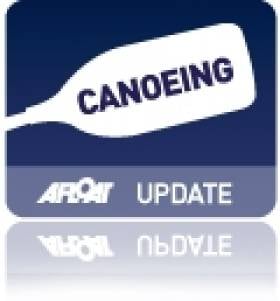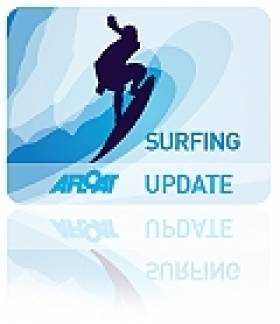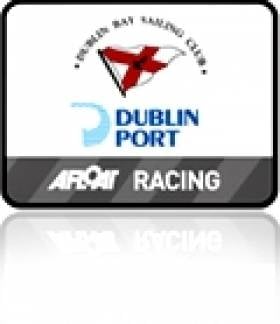Displaying items by tag: beginner
Sligo Kayak Training Courses For Anyone New To Canoes
#Kayaking - Beginners are more than welcome to the Sligo Kayak Club as it prepares to host a series of training courses for anyone new to canoes this spring and summer, according to the Leitrim Observer.
This Level 2 training course will provide prospective kayakers with the basic skills and safety practices they need to get paddling on the water.
And on completion of the course, participants can become full members of the Sligo Kayak Club and avail of further training opportunities.
The €80 course - the first of which begins next Tuesday 9 April - will run for two hours every Tuesday evening over six weeks, with a Level 2 skills assessment on the final week. Gear rental is covered by the price (except for wetsuits and suitable footwear).
The Leitrim Observer has more on the story HERE.
Surfing Novices Welcome in the Sunny Algarve
#SURFING - Rachel Collins writes in The Irish Times recently of her experiences learning to surf in Portugal's sunny Algarve.
"Thousands of hardy souls follow the waves around the Irish coastline," she writes, "but for rookies sacrificing themselves to the sea, the warmth of the Algarve makes it the perfect place to learn."
The "friendly, welcoming atmosphere" at Lagos, near Faro - with direct daily flights from Dublin - will surely put any surfing beginner at ease, as well as making for "a welcome break from the cold Irish winter".
And with plenty of other activities on offer, from the nightlife, shopping, fine dining and relaxing sandy beaches to kitesurfing, wakeboarding, mountain biking and rock climbing, there's something for all interests.
The Irish Times has more on the story HERE.
New 'Ensign' Class Takes off for Dublin Bay Sailing Club
Tomorrow is the penultimate race of the DBSC season, a season in which the 350-boat club tackled the long standing problem of crew shortages. Together with Dun Laoghaire's waterfront yacht clubs, DBSC introduced an 'Ensign Class' to extend the possibility of bay racing to a greater of people.
Up to 1,500 sailors race each Thursday and Saturday during the Summer but typically cruiser classes, which represent the bulk of the fleet, always run short of crew. A typical 30 foot boat can require a crew pool of 15 or more.
People with no experience are now being taken afloat in a cosseted fashion by the club and introduced to the rudiments of sailing.
The idea has proved so successful the National Yacht Club now operates a waiting list for its club 1720 sports boats, the Ensign class of choice.
The hope is that racing skippers, who rarely want complete novices onboard but who are nevertheless short of crew, will be encouraged to pick from those graduating from the Ensigns.
DBSC's Hon-Sec Donal O'Sullivan says the pilot project looks set to continue into the winter for the popular Turkey Shoot Series.


























































